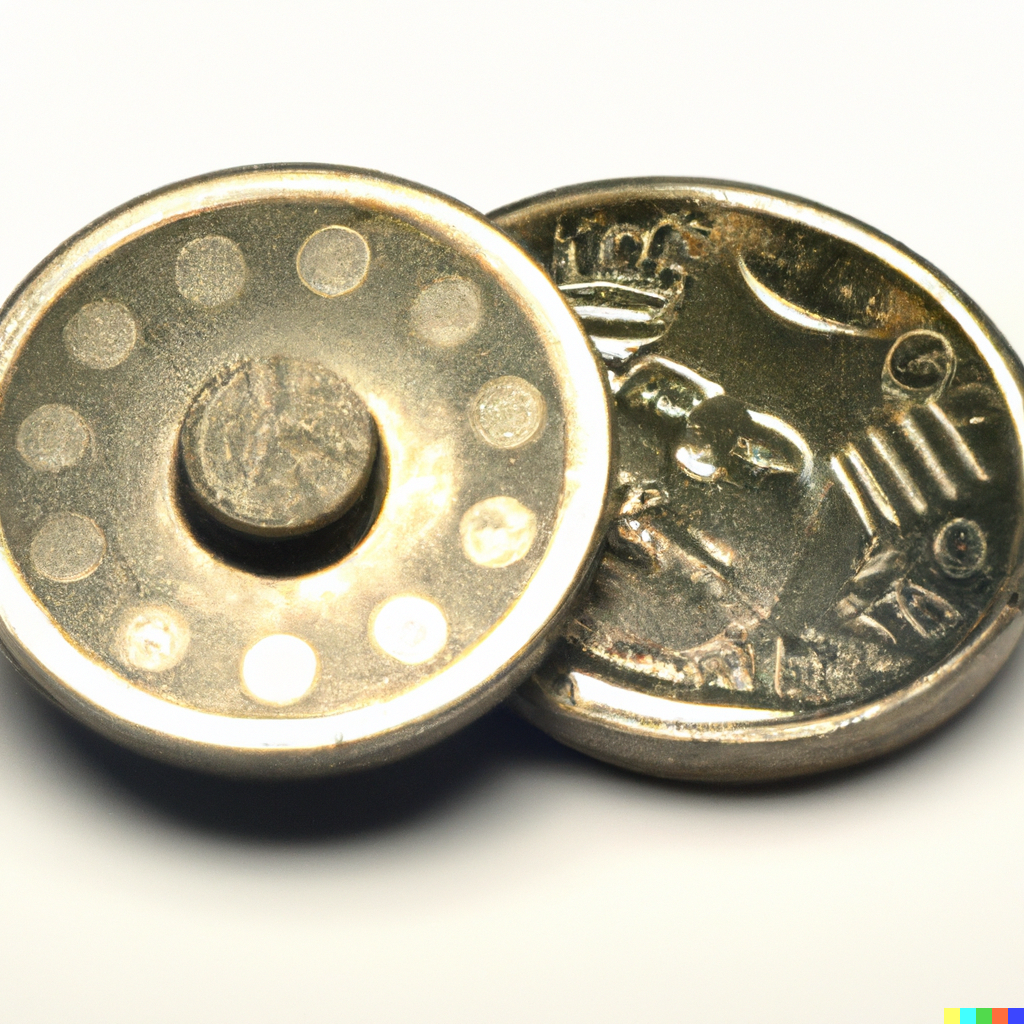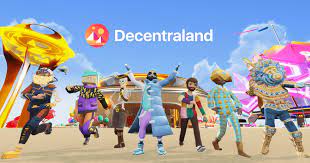NFTs…certify ownership and authenticity…and have been used to represent a wide range of items, including artwork, music, and even tweets
Non-Fungible Tokens (NFTs) are a type of digital asset that use blockchain technology to certify ownership and authenticity. NFTs have been gaining popularity in recent years, and have been used to represent a wide range of items, including artwork, music, and even tweets.
The term “non-fungible” means that each NFT is unique and cannot be exchanged for another NFT on a one-to-one basis. In other words, while traditional currencies like dollars or bitcoins are fungible, meaning that one unit is equal to another unit of the same currency, NFTs are not interchangeable. This uniqueness is what makes NFTs valuable, as they can represent one-of-a-kind items that cannot be replicated.
NFTs are created using blockchain technology, which is a decentralized system that allows for secure and transparent transactions. Each NFT is stored on a blockchain, which is a digital ledger that records every transaction made with the token. This means that the ownership and authenticity of the NFT can be easily verified and tracked.
One of the main advantages of NFTs is that they provide creators with a new way to monetize their work. By selling their digital creations as NFTs, artists and musicians can retain ownership of their work and receive a portion of the proceeds each time the NFT is sold. This allows creators to bypass traditional middlemen like galleries or record labels, and have more control over their earnings.
Another advantage of NFTs is that they provide collectors with a new way to invest in art and other collectibles. Because each NFT is unique, they can appreciate in value over time, similar to traditional art or collectibles. In fact, some NFTs have sold for millions of dollars at auction, demonstrating their potential as a valuable investment.
Despite the potential benefits of NFTs, there are also some concerns surrounding their use. For example, some critics have raised questions about the environmental impact of NFTs, as the process of creating and trading them requires a significant amount of energy. Additionally, there have been concerns about the potential for fraud or copyright infringement, as it can be difficult to verify the authenticity of some NFTs.
Overall, NFTs represent an exciting new development in the world of digital art and collectibles. While there are still some challenges to overcome, NFTs have the potential to provide creators with new ways to monetize their work and collectors with new opportunities to invest in unique and valuable items.



